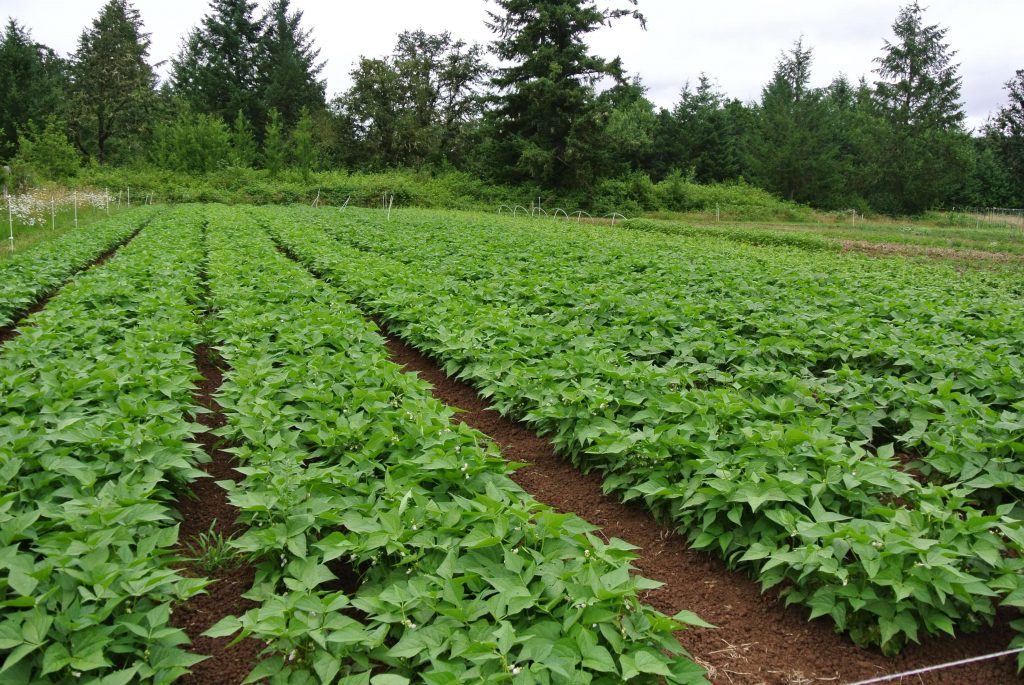Five new high yielding canning bean varieties that takes 27 minutes to cook compared to the traditional three hours, have been introduced in the Kenyan market and are set to replace a variety that has been in use since1960s.
The release of the bean varieties in the market marks three years of dedicated scientific work by researchers from the University of Nairobi and Kenya Agriculture and Livestock Research Organization, KALRO.
Led by Dr. Davis Karanja, the team has been conducting lab research and on farm trials to introduce new superior quality drought and disease tolerant canning bean varieties to replace the Mexican 142 that was introduced to Kenya in the 1960s.
This process was completed after the researchers successfully presented the five new varieties to the National Variety Release Committee.
The varieties include KenStar (KCB 13-11), Kenya Salama (KCB 13-09) and Kenya Mamboleo (KCB 13-2) from University of Nairobi and two other varieties from KALRO. All the varieties can now be accessed by farmers for production. The varieties are fast cooking, taking an average of 27 to 42 minutes when soaked, unlike other ordinary beans that take three hours to cook; this saves on time for the consumers and on energy.
Related content
Heat tolerant beans that fight climate change
Bidco Africa looking for 25,000 farmers to grow sunflower and soya beans
High yielding drought resistant bean variety that matures in two months is ready for market

The canned bean variety, according to Kimani, are superior to the Mexican 142 which is the industry reference variety in terms of agronomic, disease resistance, drought tolerance, water uptake, swelling after soaking and other canning and sensory characteristics. ” They also have an excellent upright growth habit which is a characteristic that farmers will be happy about since it has a high harvest index.”
Kenstar variety (KCB 13-11), can thrive in Central, Western and Eastern regions of the country. It matures within 80-85 days and has a very high yielding potential of over 3.1 tonnes per hectare. It is resistant to leaf spots, root rots and anthracnose. It’s easy to cook about 35 minutes when soaked.
Kenya Salama variety (KCB 13-09) can also do well in almost all regions in the country that receive about 1000-1950mm and this includes both highland and lake region of the country. In addition the Eastern region can also accommodate it f well maintained. Its maturity period is similar to the Kenstar taking 80-95 days although yield potential is a bit lower compared to the former with a farmer able to get about 2.7tonnes per hectare. It is also resistant to leaf spots, root rots and as well as bacteria blight. It exhibits high uniformity of canned products.
Kenya Mamboleo (KCB 13-2) variety is adaptive to almost any prevailing weather conditions with potential to do well in both highland, tea zones, Lake side as well as the dry Eastern and North Eastern areas. Unlike the first two varieties, Kenya Mamboleo is faster maturing taking about 75-85 days. However, its relativity low yielding compared to the fast two varieties with a hectare producing about 2.5 tonnes. It’s resistant to both leaf spots, root rots though moderately resistant to anthracnose. It’s fast cooking taking about 45 minutes and also has good sensory traits of canned products.
This initiative was managed by Bio-Innovate Africa program of the International Livestock Research Institute, ILRI and funded by the government of Sweden through SIDA. The private sector partners in this project are Trufoods, makers of Kenylon and Njoro canners.
According to the 2018 economic survey report, Kenya produced 9.1m bags of beans in 2017 up from 8.1m bags in 2016.
















Comments powered by CComment